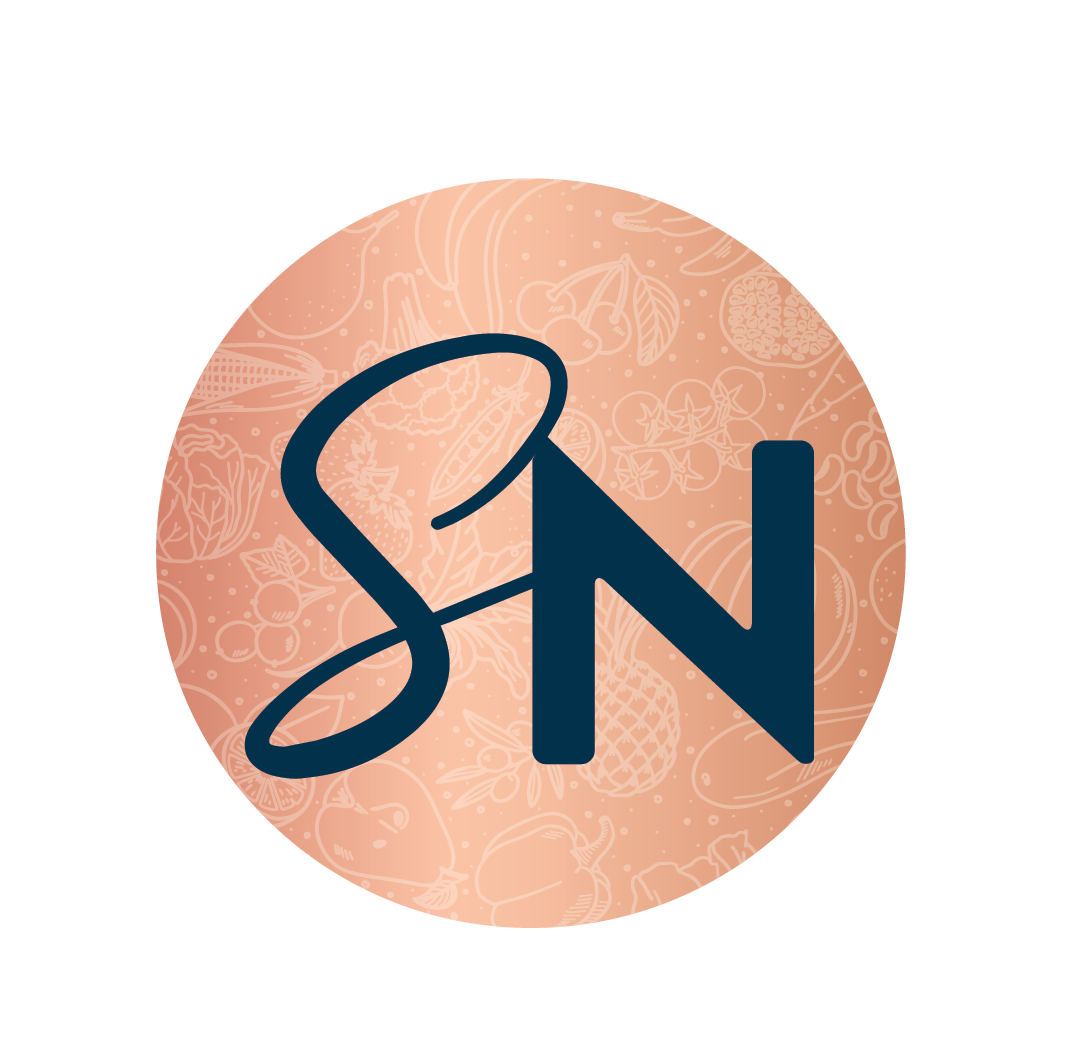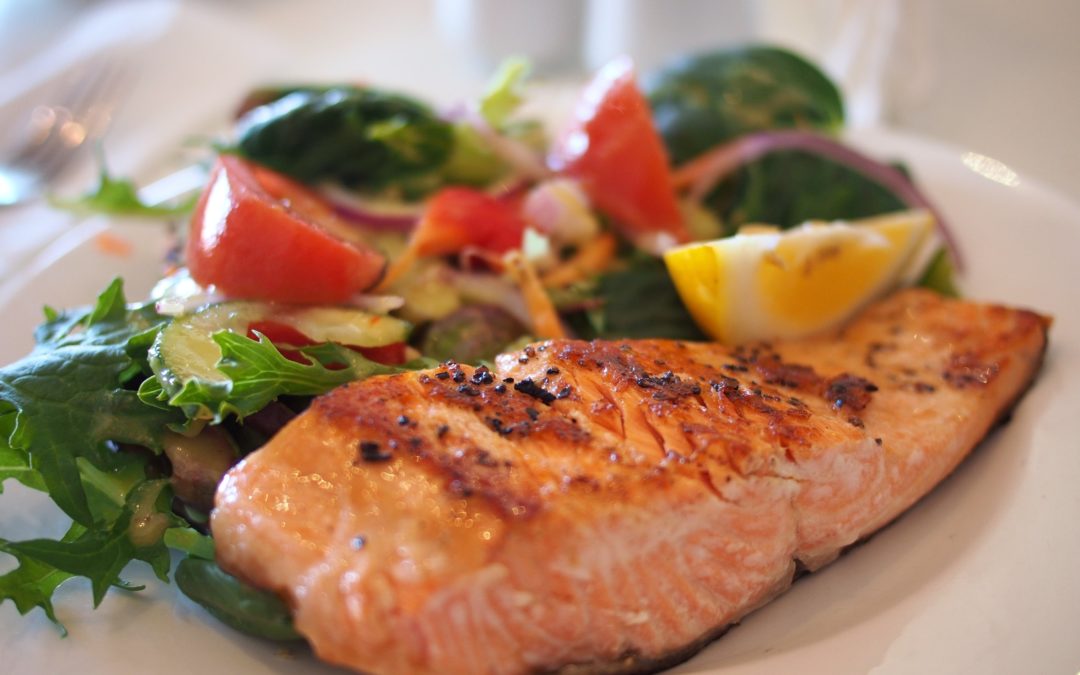Did you know that requirements are at their highest during pregnancy? Iron is just one member of the pregnancy nutrient dream team, but nonetheless a very valuable member. If you’re wondering why on earth iron is so important, and during pregnancy in particular, then you’ve come to the right place. Keep reading to find out what is iron, why it’s important during pregnancy and how much you should be having.
What is iron?
You’ve probably heard of iron. You’ve probably heard that it’s important, you’ve probably heard you that you should check if you’re low and if you’re vegetarian, you’ve probably been asked where you get iron from.
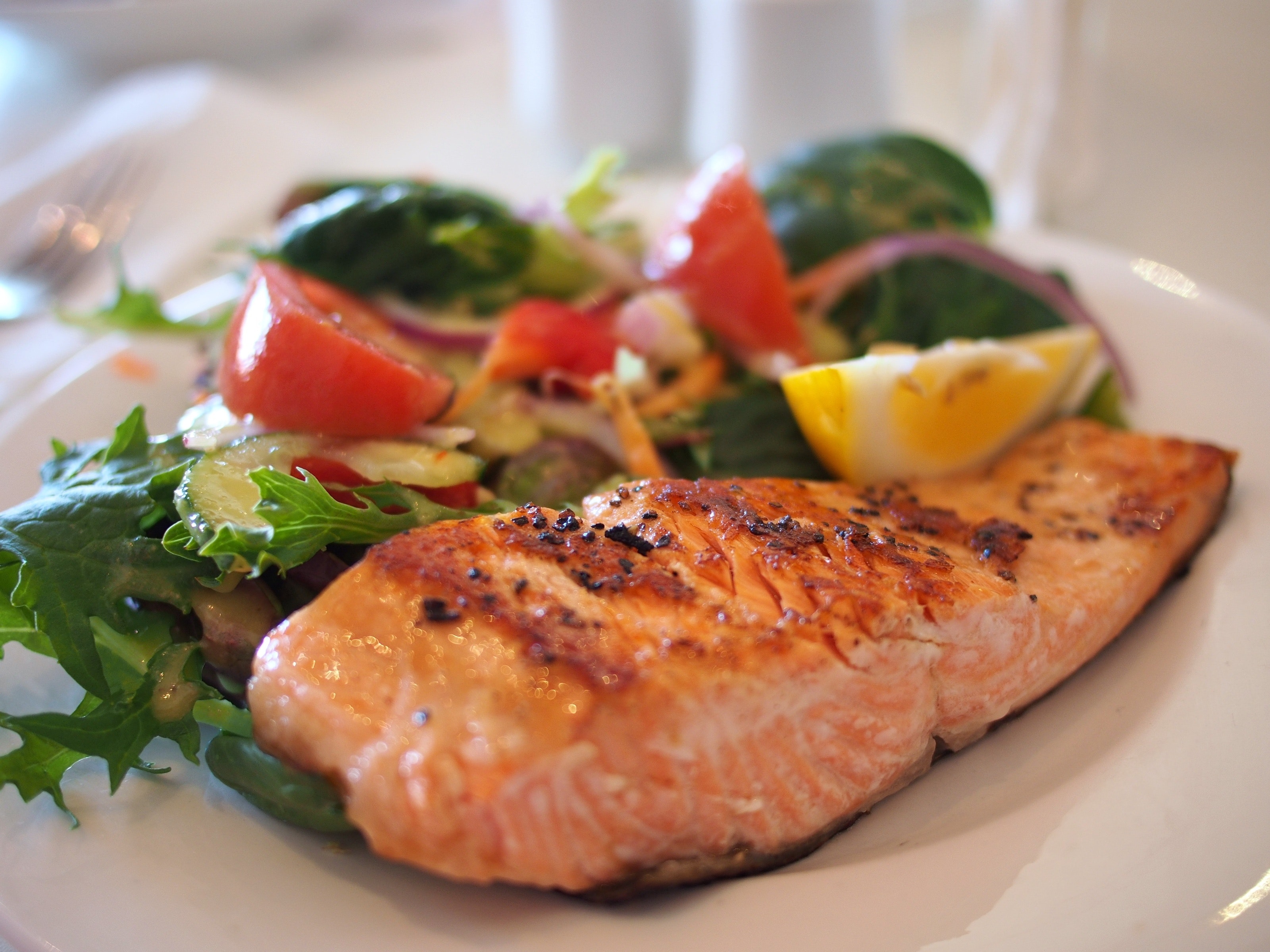
The thing is, iron is very important, it is an essential nutrient the body needs. Iron is responsible for a number of very important roles to keep you alive, namely transporting and storing the oxygen you need to live, breathe and exist. Amongst other things, it is involved with the production of red blood cells and maintaining a healthy immune system. Low iron levels can make you feel lethargic and crankier than usual. It can also lead to poor concentration and an impaired immune system.
Iron function during pregnancy
You’re going to need iron through-out the course of your life. Women, in particular, need to make sure they’re getting enough iron due to a certain time of the month, however, pregnancy is another time where iron is quite the focus. Although this may sound almost counterintuitive, because you stop menstruating when you’re pregnant, iron requirements increase during pregnancy.
Your body is responsible for nurturing both yourself and your baby, so as you and your baby grow, the demand for iron grows with it. During the early stages of pregnancy, iron is particularly important for the growth and development of your baby, and in the later stages, your little bub will start developing his or her own iron stores. Iron also helps to protect against neural tube defects.
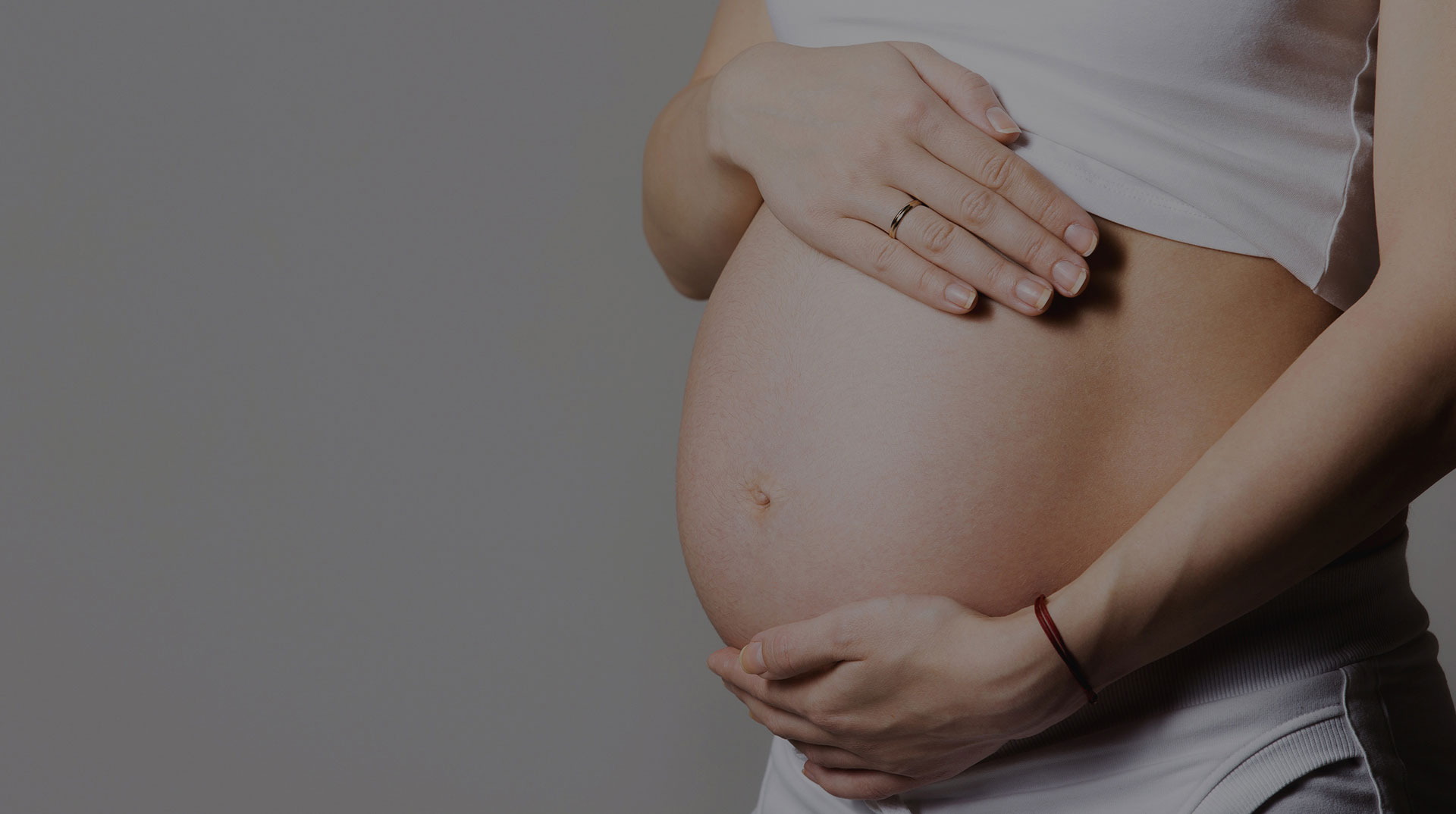
So how much do you need? For menstruating adult women, the recommended dietary intake for iron is 18mg per day, however during pregnancy, this goes up to 27mg per day! As the human body cannot produce iron, we need to get it from food. (Fun fact! Iron absorption actually improves during pregnancy!) When thinking about iron in food, we can divide it into two groups, haem and non-haem iron. Haem iron is found in animal sources (think meat), whereas non-haem iron can be found in plant sources as well as animal sources.
Haem-iron sources
- Meats such as beef, lamb, pork and kangaroo
- Poultry including chicken or turkey
- Fish e.g. salmon, sardines and tuna
- Offal such as liver and kidney
Non-haem iron sources
- Legumes such as kidney beans, baked beans, chickpeas
- Green leafy vegetables
- Nuts/nut pastes and dried fruit
- Eggs
- Iron-fortified breads and breakfast cereal
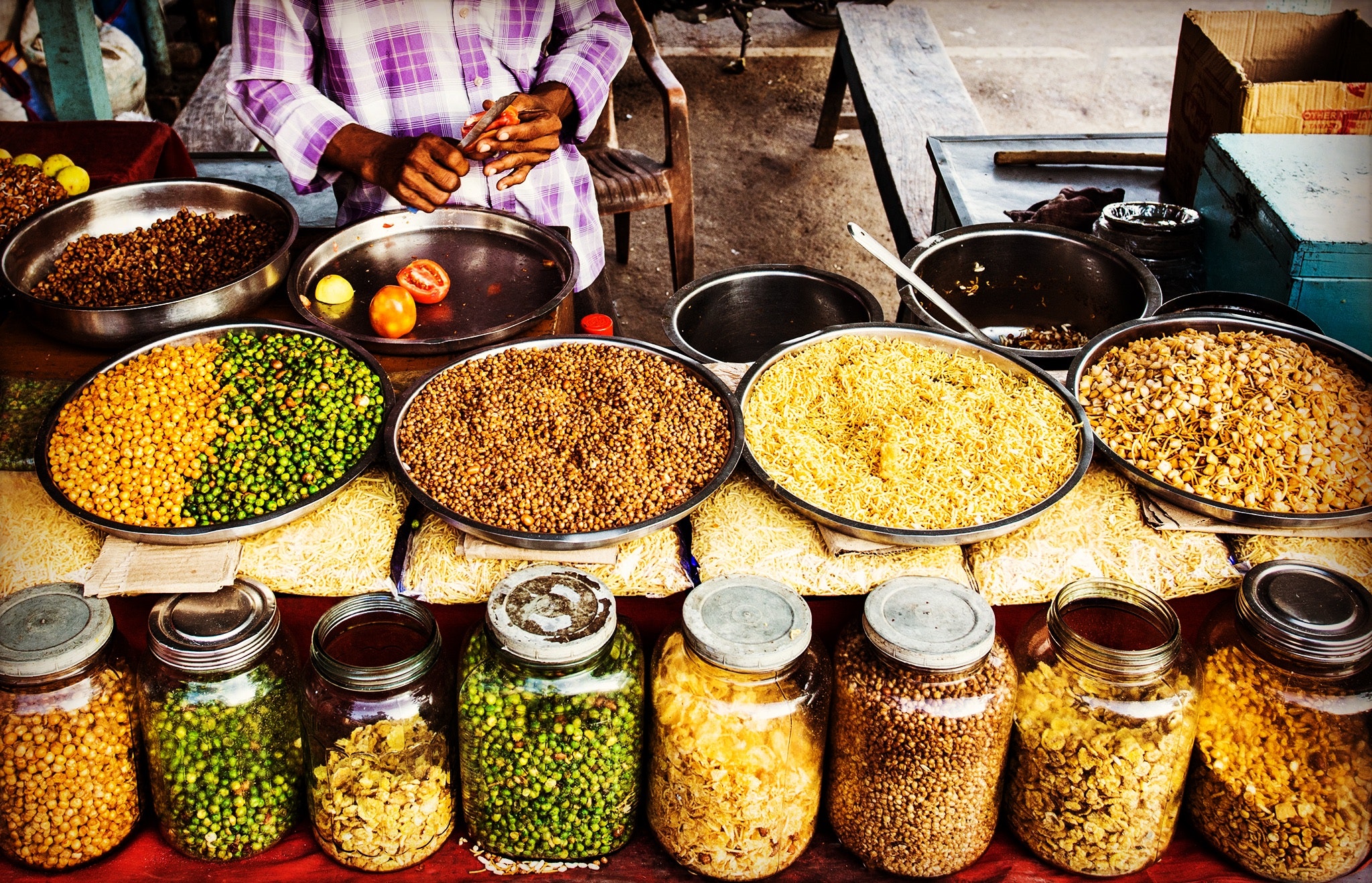
Although haem iron is absorbed more easily than non-haem iron, that doesn’t mean you should rule out non-haem iron (or start eating steak breakfast, lunch and dinner). One way to improve iron absorption is to pair iron-rich foods with vitamin-c rich foods, such as fruit like oranges and strawberries or vegetables like capsicum and tomato. The best thing you can do to optimize your iron intake is through aiming to have a varied high-quality diet (yes that even means eating your veggies), however, it is a topic worth speaking to your GP or Dietitian about.
